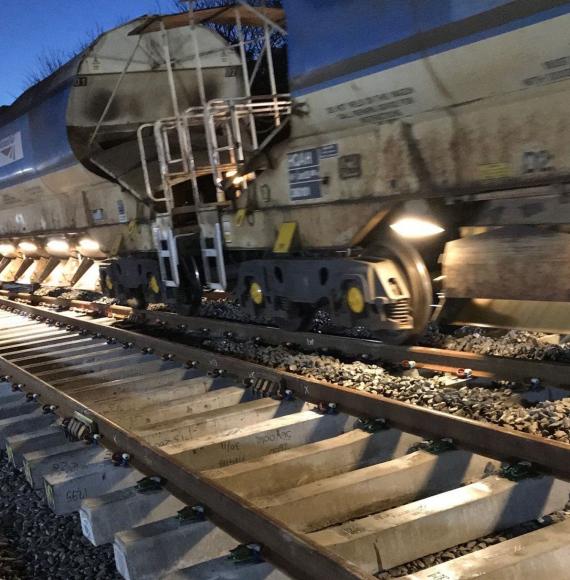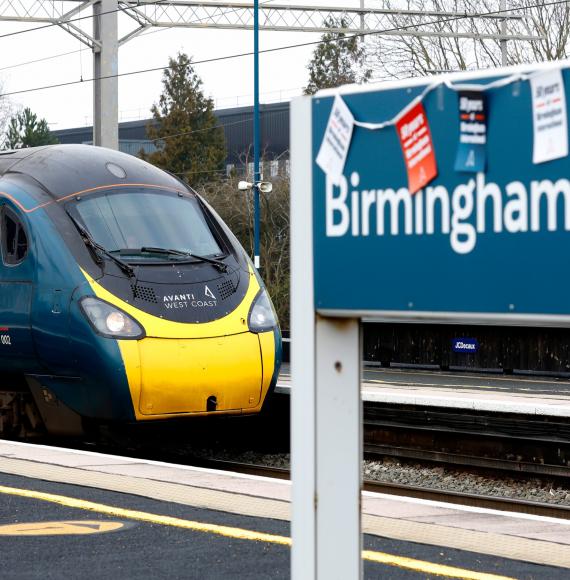Transport for Wales (TfW) has published its annual report for 2023-24, highlighting several achievements in its rail portfolio, many of which have improved the organisation’s green credentials.
TfW is investing £800 million in new trains, replacing its Class 175 trains which became unreliable due to their age and were removed from service last October. The replacement Class 197 fleet has slowly been coming into service, while the organisation has worked to improve the reliability of its Mark 4 trains and increase the number of carriages on its services.
Staying with rolling stock, TfW has been testing its Class 756 trains, which will enter public service later this year. They can reach up to 120km/h and can run on either battery or diesel power for sections of the network that are not electrified.
Meanwhile, TfW’s new fleet of Class 398 tram-trains are being tested at Taff’s Well depot and on the Core Valley Lines. They can travel up to 100km/h and hold up to 252 passengers.
In another key milestone, TfW reopened the Treherbert Line in February upon the completion of a ten-month electrification programme beginning in April last year. The Line, which was the oldest rail infrastructure in Wales, received a complete makeover with an updated signalling system, extended platforms and new footbridges. Its modernisation will enable more frequent and greener services.
The lines between Aberdare, Merthyr Tydfil and Ninian Park to Pontypridd also were installed with new signalling, while the lines from Cardiff to Aberdare and Merthyr have been electrified.
Meanwhile, TfW’s biggest infrastructure expenditure came on its continuing transformation of the Core Valley Lines, part of the development of the South Wales Metro. The work, which is part-funded by the European Regional Development Fund, will help to unify rail, bus and active travel routes.
TfW has also announced a series of timetable changes:

Image credit: Transport for Wales

















